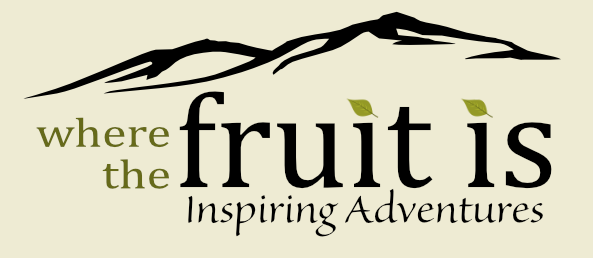Gratitude and ritual: A panacea for our time
"Piglet noticed that even though he had a Very Small Heart, it could hold a rather large amount of Gratitude."
A. A. Milne
Happiness starts with gratitude.
Science now shows us this airy concept is founded in neural connections and chemical reactions in neurotransmitters. The fields of brain based teaching and positive psychology were eye openers for me. Due to a predisposition towards melancholy I was excited to come across a positive psychology intervention called the three blessings. The basic idea is to write down three things you are grateful for every day. Research indicates that it is as effective as Prozac and takes as long (2 weeks) to kick in. This little snippet of information led to a ritual in our house. This has become one of the cornerstones of our day. Whenever Cai goes to bed, everyone in the house goes up with him and shares “thankfuls”. This simple daily act of gratitude is a stabilizing act in our lives and I believe it has impacted Cai a great deal.
As we started prior to Cai turning two, we made it a verbal activity. This tradition continues. As a younger child he usually said the same three things each night. As he aged we encouraged him to think of at least one “thankful” that was specific to that day. He still repeats a few of them verbatim each night. Last night he informed us, “I know I say the same thing every time, I want you to know I really am sincere. I really am glad to be with you and to be part of the world.” I melted.
Why is gratitude so important?
Robert Emmons has a lot to say on gratitude; he has afterall all studied it for decades. He describes there being two components. “First, it’s an affirmation of goodness. We affirm that there are good things in the world, gifts and benefits we’ve received.” “The second part of gratitude is figuring out where that goodness comes from. We recognize the sources of this goodness as being outside of ourselves.” It encourages us to look at life holistically and see beyond the immediacy of things that are ‘bad’ in our world, we can then move through these. It also allows us to have a “humble dependence” on others.
Emmons goes on to highlight four major benefits of gratitude:
1. Gratitude allows us to celebrate the present. Positive emotions wear off quickly, by focusing more on appreciating them we are open to noticing them which in turn leads to an increased participation in our own lives.
2. Gratitude blocks toxic, negative emotions. Emotions such as envy are incompatible with gratitude, the outcome of this is that gratitude can reduce the frequency and duration of depression.
3. Grateful people are more stress resistant. Studies show that people with a grateful disposition recover more quickly from trauma, adversity and suffering.
4. Grateful people have a higher sense of self-worth. Appreciating other people helps you to appreciate yourself.
Here is another gratitude for my list. I am grateful for trusting the process and committing to our ritual of thankful thoughts. The discipline is such a constant now I am lost without it. Isn't it great how a simple activity can have such an impact?
What rituals do you / are you going to incorporate?

